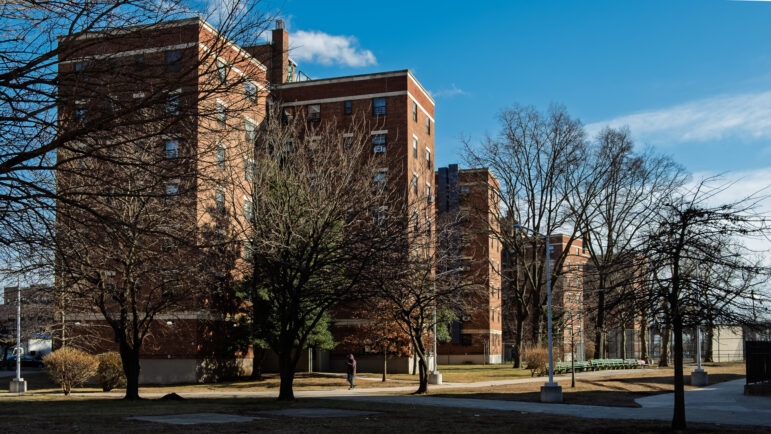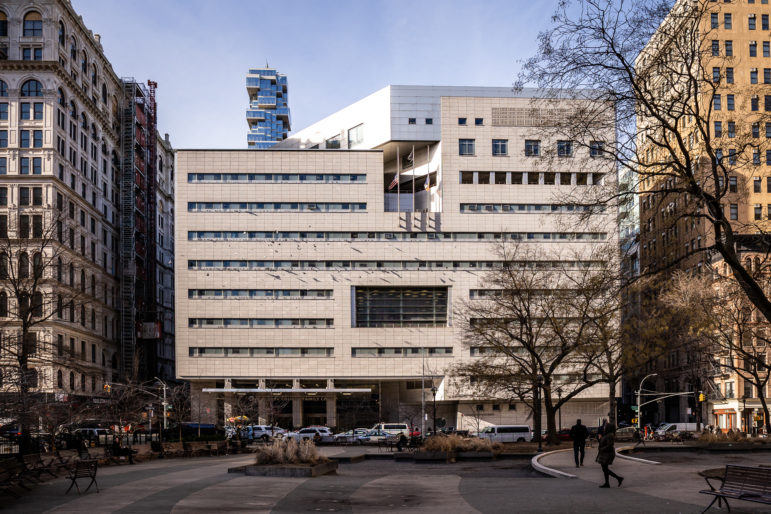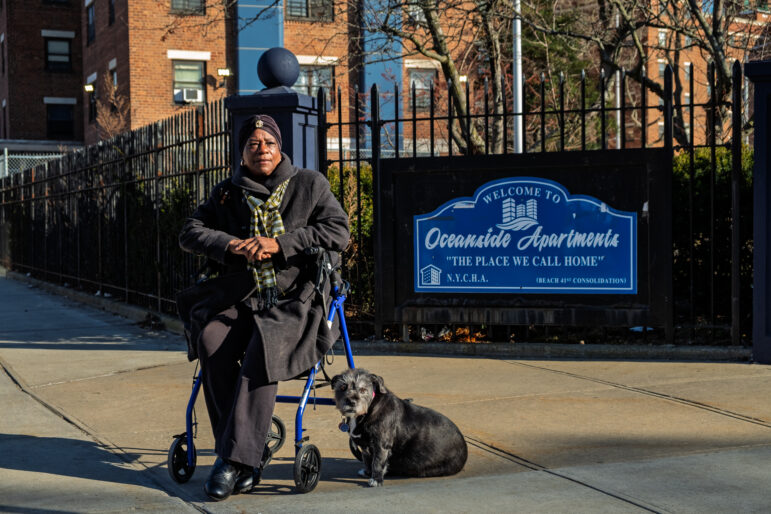Anxious about continuing water shortages in New York City, and uncertain when Albany legislators will renew the state superfund program, city environmental officials have agreed to foot the bill to clean up a contaminated site in Jamaica. The deal, reached in mid-September, marks the first time that a New York State municipality has agreed to pay for a cleanup since the $1.1 billion state superfund ran dry 18 months ago.
From 1969 to 1992, the West Side Corporation operated a dry cleaning chemicals distribution center at the heart of Jamaica’s working-class and industrial community. With time, one of the chemicals the company handled–perchloroethylene, or PERC–made its way into the soil and contaminated nearby drinking water wells. After Albany officials tried unsuccessfully to force West Side to pay for the cleanup, the state in 1997 declared the 4.5-acre site a “class II” superfund site, posing a “significant” threat.
Since then, the state Department of Environmental Conservation determined that the contamination has traveled more than a half mile from its source. But plans to actually remove the PERC have stalled at the design phase because of political infighting in Albany.
Created in 1986 to pay for cleanups when property owners refused to pay, the superfund has financed the cleanup of 364 toxic sites around the state. But ever since the program expired in April 2001, state legislators have been sharply divided over cleanup standards and who should pay how much. For the past three years, Governor Pataki has submitted a bill that sets different cleanup standards depending on the future use of contaminated sites, and maintains that taxpayers and polluters should split the bill evenly. The Assembly, on the other hand, wants one cleanup standard for all sites and to make polluters pay for 75 percent of decontamination.
Meanwhile, the city faces its own pressures to find new sources of drinking water. This year’s drought has left the reservoirs that serve the city up to 50 percent below normal levels.
To get things moving with the Queens wells, DEP last year agreed to pay $6.5 million to clean up Jamaica’s groundwater, leaving the soil cleanup to the state. And in September, DEP Commissioner Christopher Ward said his agency will kick in another $4.5 million to get the entire project underway. “DEC does not have the funds,” says DEP spokesperson Geoffrey Ryan. “We are funding it to keep the process going and take care of this headache.”
State environmental officials admit this arrangement is “unusual.” According to state DEC spokesperson Jennifer Post, her agency will reimburse the city once a legal case against the West Side Corporation forces the company to pay for the cleanup.
While local environmentalists are glad that progress will soon be made on this one superfund site, they say that does not improve the situation elsewhere. Says Mike Livermore, an environmental campaign director for New York Public Interest Research Group, “It’s really a stopgap measure, and it’s kind of pathetic that the city has to pony up money because the state can’t get its act together.”








